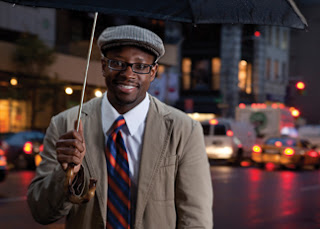When it comes to complex social issues it is paramount to read deeply and widely before arriving at conclusions and positing proposals for reform.
(World Magazine)
This lack of proper preparation and information gathering is occurring today as many evangelicals begin engaging the issue of mass incarceration. Consider the 2010 publication of The New Jim Crow: Mass Incarceration in the Age of Colorblindness by Ohio State University law professor Michelle Alexander: This book may inadvertently lead many well-meaning evangelicals in directions that do not address the core issues of mass incarceration in America.
Both conservative and progressive evangelicals cite Alexander as a starting point for thinking about the nation’s prison growth problem. Matthew Hall, writing for the Southern Baptist Convention’s Ethics and Religious Liberty Commission, cites Alexander and concludes that “we can agree that a prison system that is incarcerating this many of our nation’s black men is scandalous.” D. A. Horton, writing on Ed Stetzer’s blog, recommends Alexander’s narrative in understanding “mass incarceration.” The Christian Community Development Association had Alexander headline its 2013 annual conference. Jim Wallis’ Sojourners magazine featured Alexander in its June 2014 issue advocating the race-based narrative of prison growth. But what if Alexander has gotten the narrative wrong? Then what?
John Pfaff, a law professor at Fordham University, highlights a devastating flaw in Alexander’s framework—that America’s prison growth is primarily a consequence of violent crime and property crime.
Read the full article HERE.

